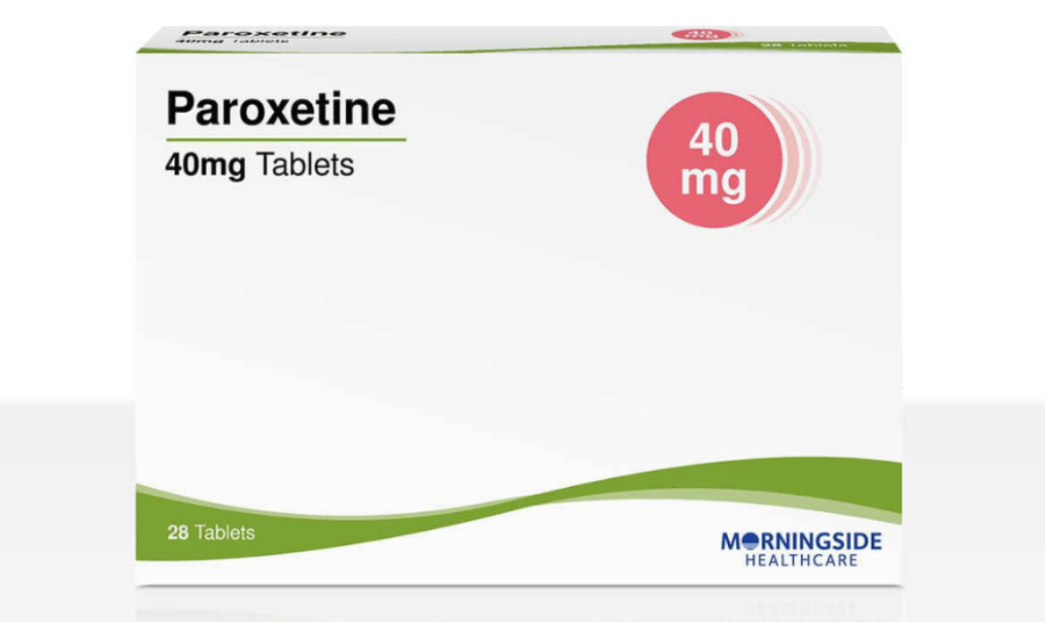Paroxetine Tablets-Know Everything

Paroxetine is a commonly prescribed medication in the class of selective serotonin reuptake inhibitors (SSRIs) used for the treatment of depression, anxiety, and other related…
Paroxetine is a commonly prescribed medication in the class of selective serotonin reuptake inhibitors (SSRIs) used for the treatment of depression, anxiety, and other related disorders. It was first approved by the US Food and Drug Administration (FDA) in 1992 and has since become one of the most widely used antidepressants. This article will provide an overview of the mechanism of action, uses, side effects, and precautions of paroxetine.
Mechanism of Action
Paroxetine selectively inhibits the reuptake of serotonin in the brain, leading to an increase in serotonin levels in the synaptic cleft. Serotonin is a neurotransmitter that plays a significant role in regulating mood, anxiety, and other mental functions. By increasing serotonin levels, paroxetine helps regulate mood and alleviate symptoms of depression and anxiety disorders.
Uses
Paroxetine is primarily used to treat depression and anxiety disorders, including generalized anxiety disorder, panic disorder, and obsessive-compulsive disorder (OCD). It has also been used in the treatment of post-traumatic stress disorder (PTSD), social anxiety disorder, and premenstrual dysphoric disorder (PMDD).
Side Effects
Like all medications, paroxetine has some side effects, although not everyone experiences them. The most common side effects of paroxetine include nausea, headache, dizziness, insomnia, and decreased libido. These side effects are generally mild and often subside over time. However, some people may experience more severe side effects, including suicidal thoughts, agitation, and an increased risk of bleeding.
Precautions
Before taking paroxetine, it is important to inform your healthcare provider about any medical conditions you have, including liver or kidney disease, epilepsy, or a history of seizures. Also, it is important to inform your doctor about any other medications or supplements you are taking, as paroxetine can interact with certain medications.
Paroxetine should not be taken by pregnant or breastfeeding women, as it may harm the developing fetus or infant. Additionally, paroxetine should not be given to children and adolescents under 18 years of age, as it has been associated with an increased risk of suicidal ideation and behavior in this population.
Read out other mental disorders and their treatment
References:
- American Psychiatric Association. (2013). Diagnostic and statistical manual of mental disorders (5th ed.). Arlington, VA: American Psychiatric Publishing.
- Boyer, E. W., & Shannon, M. (2005). The serotonin syndrome. New England Journal of Medicine, 352(11), 1112-1120.
- Chouinard, G. (1999). Paroxetine: A selective serotonin reuptake inhibitor showing better tolerance, but weaker antidepressant effect than clomipramine in a controlled multicenter study. Journal of affective disorders, 56(2-3), 157-169






